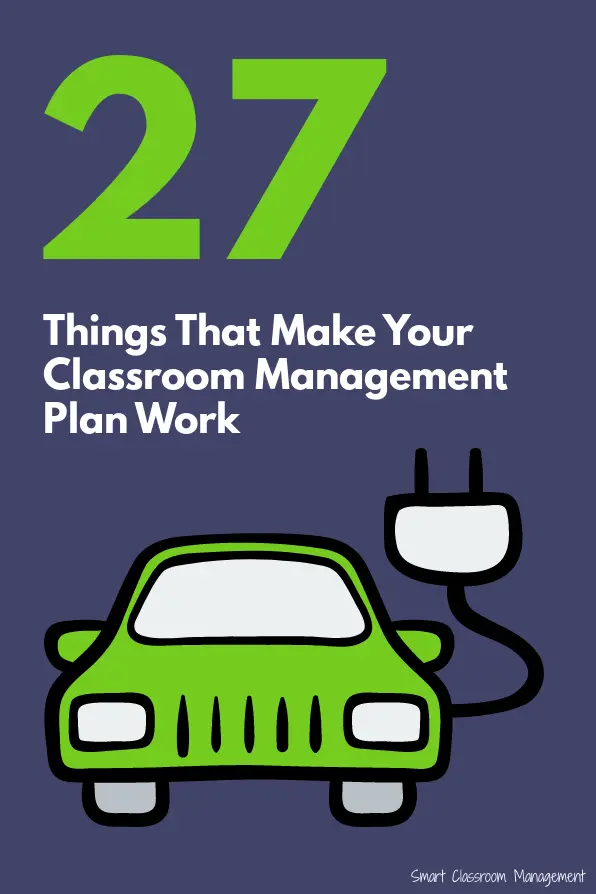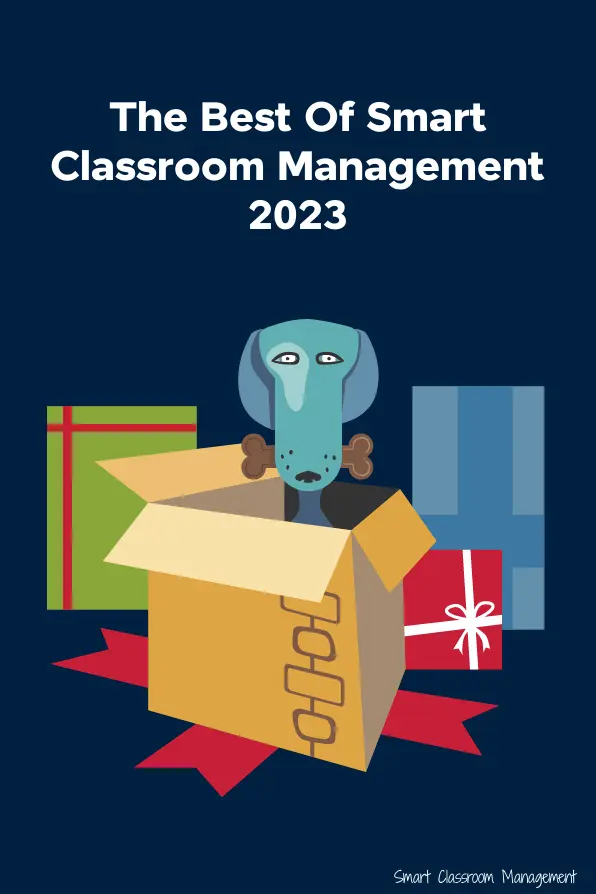They’re needy and urgent.
They follow you around and pull on your hem. They ask a zillion questions and expect your personalized attention.
It doesn’t occur to them that you have other students, which drives you mad and stresses your willpower to the brink.
In bad moments, perhaps, you’ve snapped at them, maybe even hurt their feelings. But what else are you to do?
Students who crave attention mean well. They’re not trying to annoy you or get under your skin. The truth is, their behavior is learned. It’s been encouraged and accepted by the adults in their life—parents, previous teachers, aunts, uncles.
They get their way by never taking no for an answer. They’ve discovered that the squeaky-wheel strategy works.
But it has also made them dependent on others. It’s made them weak and bereft of the ability to do for themselves and of their own counsel. They need and seek attention because they don’t know another way.
It also places them in the center of the universe, which is a normal childhood/adolescent-seeking desire.
But when you rely on others to an unhealthy degree every little thing becomes a big deal. A hangnail needs a band-aid. A dirty look requires a tattle. A decision over whether to use a comma demands advice.
The good news is that it’s shockingly easy to fix with just two strategies, both of which are foundational to SCM.
First, follow your plan.
If needy students are unable call out and unable get up from their seats without raising their hand and asking permission, then you limit their ability to reach you. They can’t on instinct blurt out whatever they want and they can’t follow you around.
This forces them to come up with their own solutions. They’ll still raise their hand, but the pause between their problem and your answer will begin doing its good work on them. You can also pick and choose when to call on them.
Furthermore, when you do call on them, you’ll never, ever provide help unless they’re without the information they need do it themselves. Instead, you’ll encourage their agency and personal volition.
“You got this.”
“You don’t need me.”
“I believe in you.”
“Go back and read it again.”
Force them to rely on their own wits until they realize it’s futile to ask you and that they can indeed trust their own judgment. This may seem harsh, but it’s what needy students—as well as most students in this day and age—need.
Second, push hard for independence.
This is a core principle of SCM. It has many and specific strategies that support it.
In a nutshell, it’s teaching with extreme detail and clarity, requiring students to prove their understanding, and then shifting total responsibility over to them to do the work independently—which means zero, or very reluctant, help from you or anyone else.
Again, there is a lot to this strategy. I’ve written extensively about independence in our books, particularly The Happy Teacher Habits. You can also find many articles in the Learning & Independence category of our archive.
The benefits of both strategies can be life-changing for all students, but especially those who have been cursed with and by learned helplessness.
Behavior, confidence, and academic ability will all improve. Most of all, however, is maturity, which will skyrocket. They’ll become different people in a few weeks.
They’ll stand taller. They’ll speak clearer and deeper. They’ll grow to love the profound rewards of doing for oneself.
PS – I’ll be taking next week off for Thanksgiving but will be back with a new article on December 2nd.
Also, if you haven’t done so already, please join us. It’s free! Click here and begin receiving classroom management articles like this one in your email box every week.





